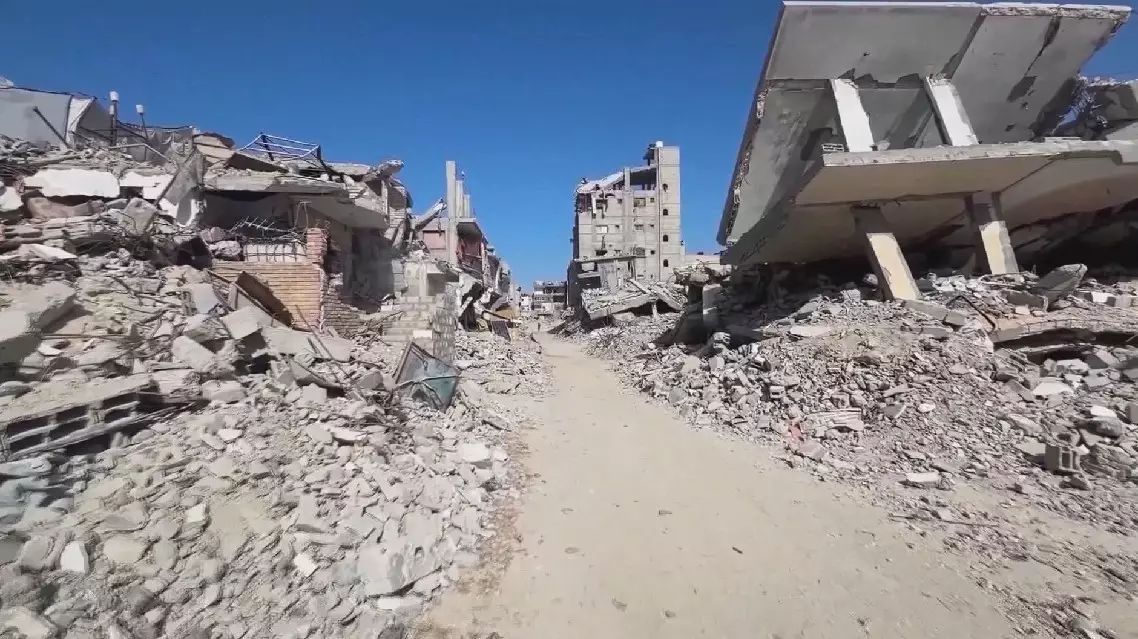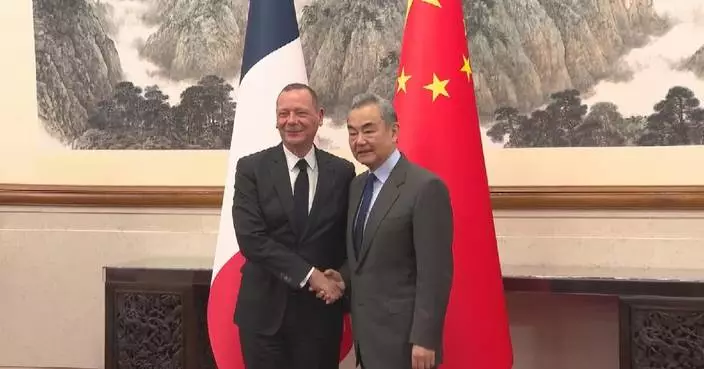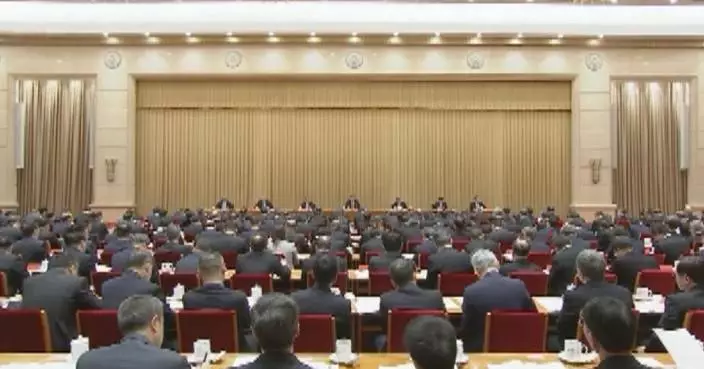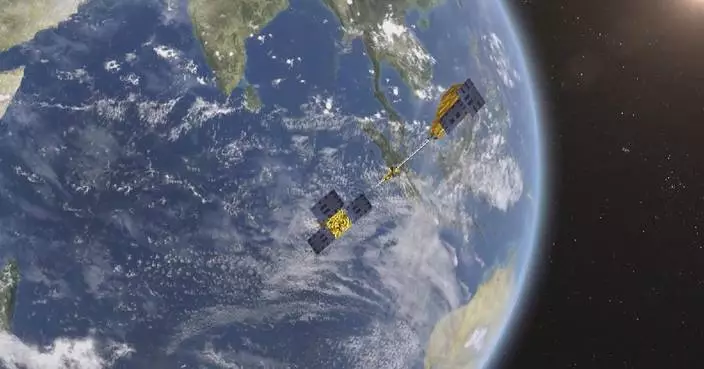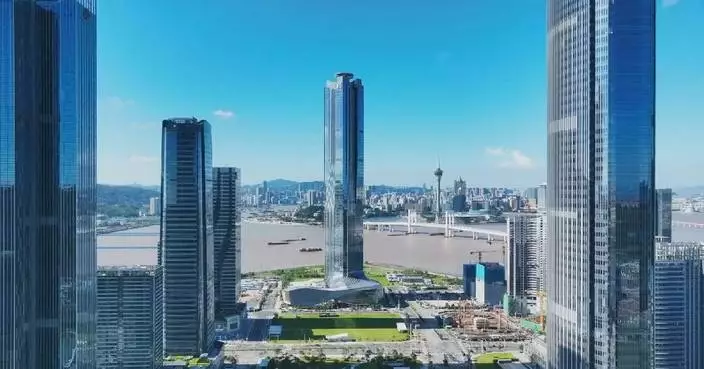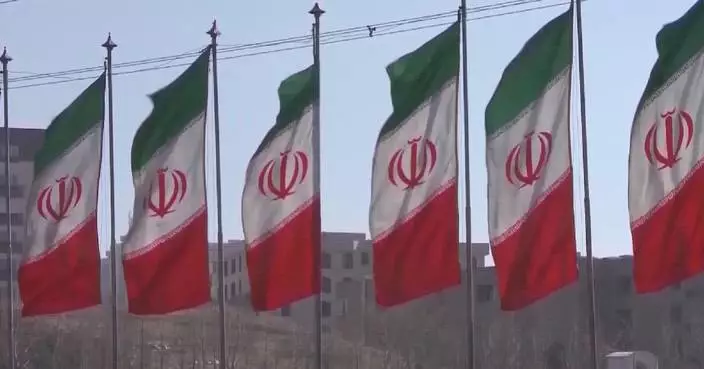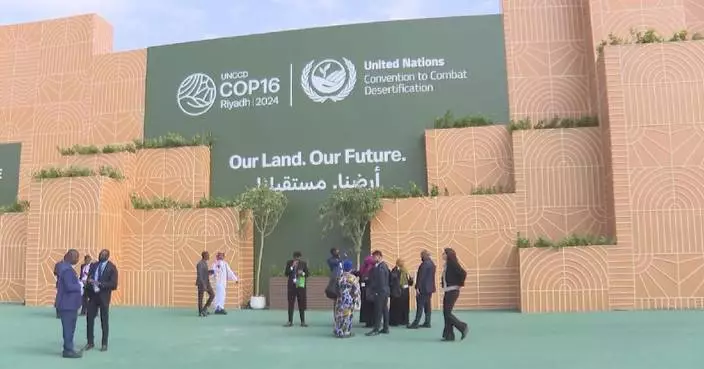The first systematic industrial development plan for China's Macao Special Administrative Region (SAR), launched last November, has made significant strides in advancing the region's economic diversification, bringing tangible benefits to local residents.
This is highlighted in an excerpt from the five-part documentary series "25 Years of Lotus Bond", produced by China Media Group (CMG) to commemorate the 25th anniversary of Macao's return to China. The documentary chronicles Macao's journey toward prosperity under the "one country, two systems" framework.
In the documentary, Macao officials discuss the "1+4" development strategy, which was introduced by the SAR government in 2023. This strategy aims to diversify Macao’s economy by focusing on both its traditional strengths and emerging sectors.
The "1" represents Macao's core strength: its integrated tourism and leisure industry. The "4" signifies four key emerging sectors identified for development: traditional Chinese medicine (TCM) and 'big health"; modern finance, new and high technologies; conventions and exhibitions; and culture and sports. This framework builds upon Macao's Second Five-Year Plan and its overarching economic diversification strategy.
"Macao has long had shortcomings in industrial development, as the single-industry economy has led to the dilemma of limited employment opportunities. Therefore, the current government released the first-ever '1+4' industrial plan for Macao last November 1 since the establishment of Macao as a trading port , which provides the society with a clearer direction for development," said Lei Wai Nong, secretary for Economy and Finance of the Macao SAR.
Cheong Chok Man, director of the Policy Research and Regional Development Bureau, elaborated on the rationale behind the "1+4" framework.
"The industries we have chosen are primarily those with minimal land use, low labor requirements, and high value-added components. Macao possesses a certain foundation and relative advantages in these industries, which is why we have selected this '1+4' industrial framework as the direction for our planning," he said.
The central government has implemented a series of policies designed to benefit the people of Macao, continuously injecting new momentum into the region's long-term prosperity and stability. This commitment underscores the central government's care and support for Macao.
The Communist Party of China (CPC) Central Committee and the State Council unveiled the outline development plan for the Guangdong-Hong Kong-Macao Greater Bay Area on February 18, 2019 , aiming to develop the region into "a role model of high-quality development".
The outline clearly stated that Macao should develop into a world tourism and leisure center, a commercial and trade cooperation service platform between China and Portuguese-speaking countries, and a base for exchange and cooperation featuring a blend of cultures with Chinese culture at the core.
The bay area consists of the Hong Kong Special Administrative Region (HKSAR), the Macao SAR, as well as nine cities in Guangdong Province -- Guangzhou, Shenzhen, Zhuhai, Foshan, Huizhou, Dongguan, Zhongshan, Jiangmen and Zhaoqing.
In September 2021, the CPC Central Committee and the State Council issued a general plan for building a Guangdong-Macao in-depth cooperation zone in Hengqin.
This plan positioned Hengqin in Zhuhai City as a new platform to promote Macao's appropriate economic diversification, a new space to facilitate the living and employment of Macao residents, a new demonstration of fully and faithfully implementing the "one country, two systems" policy, and a new highland for advancing the development of the the Greater Bay Area.
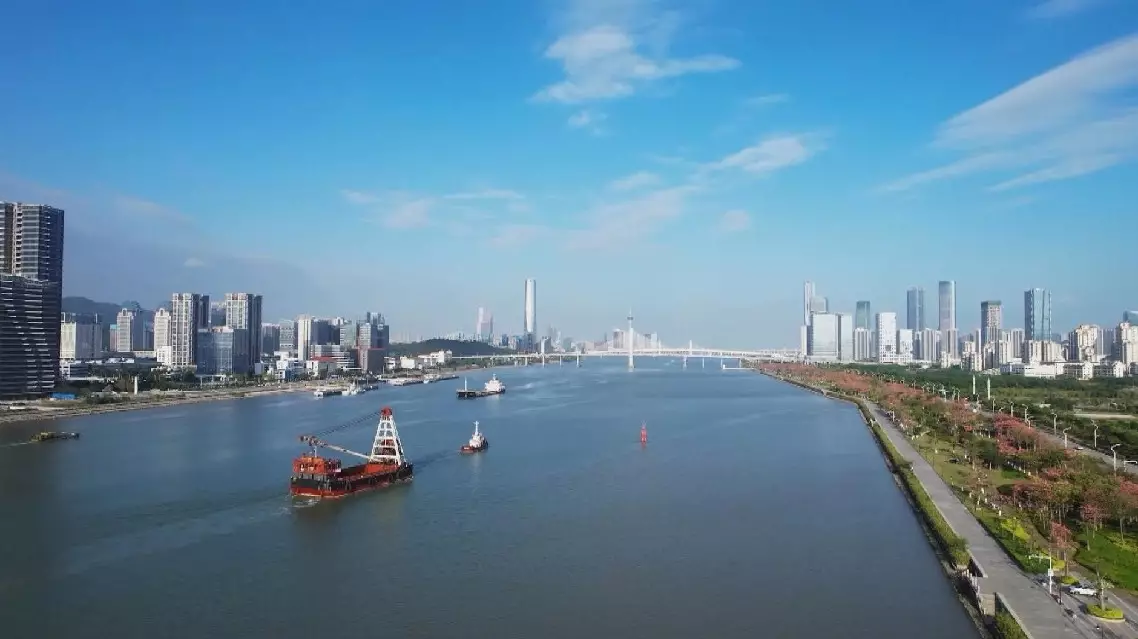
Macao's first industrial development plan drives economic diversification and prosperity
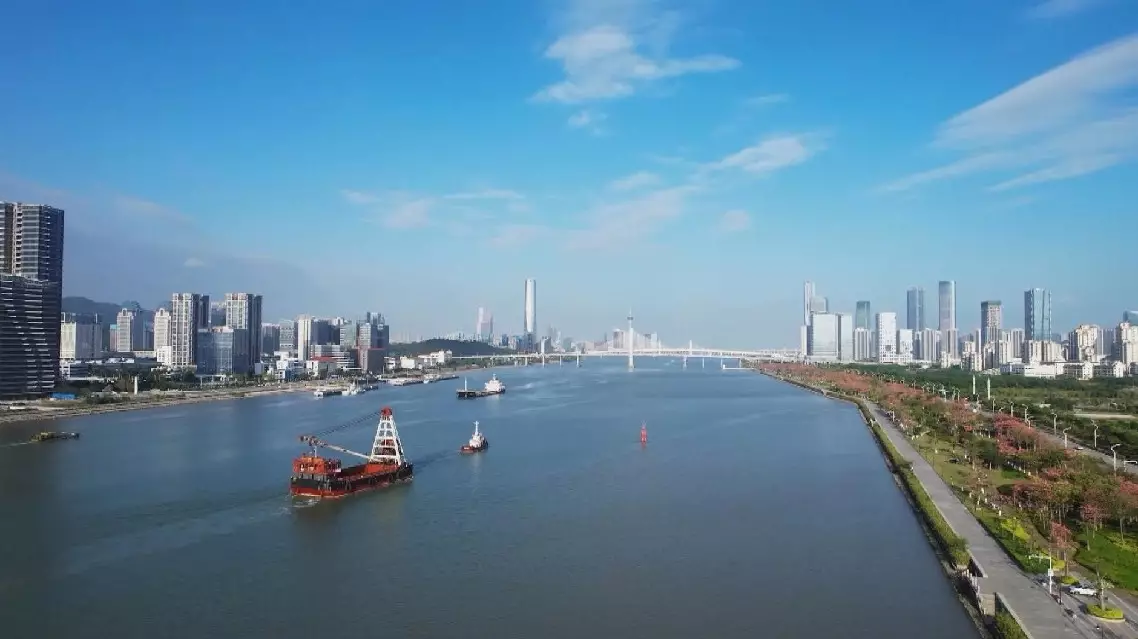
Macao's first industrial development plan drives economic diversification and prosperity


